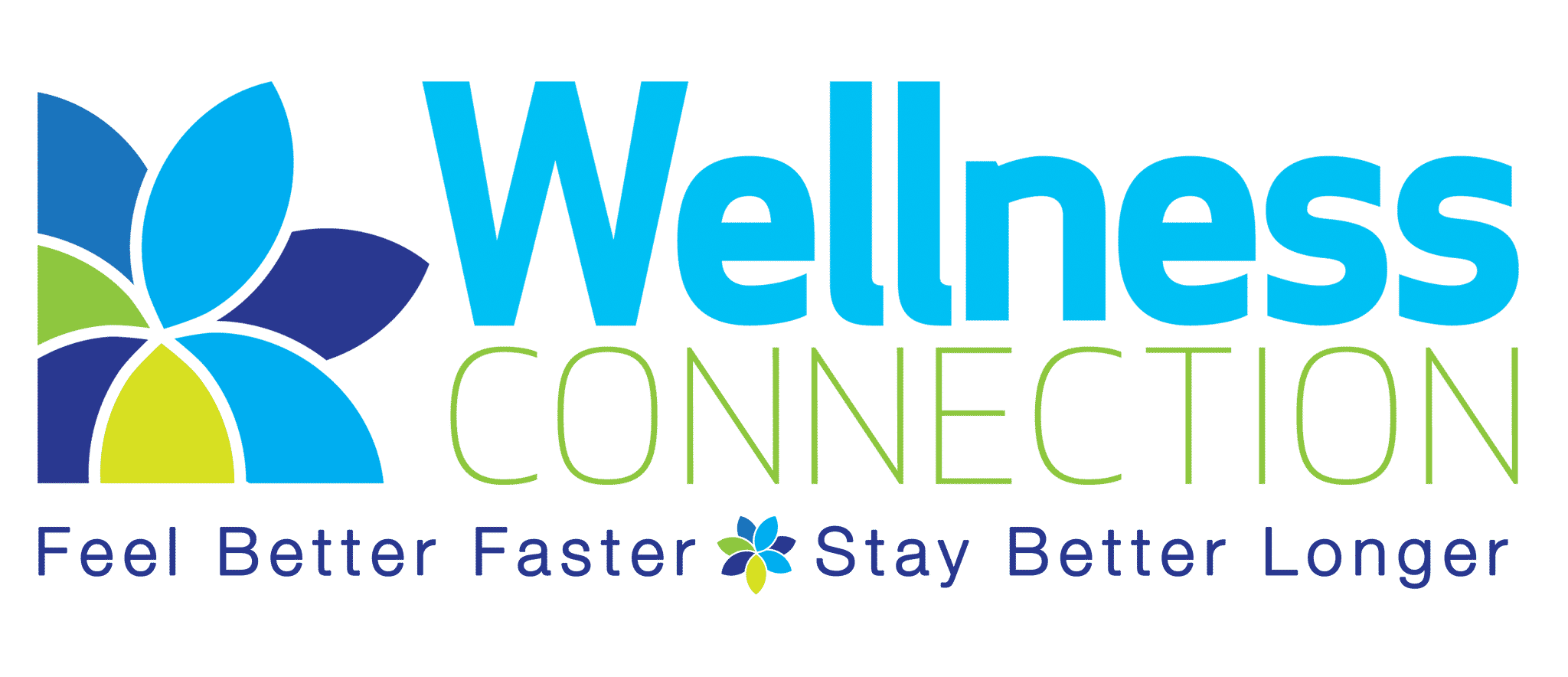Why Therapy is So Important for College Students

Therapy is important for individuals from all different stages of life. Everyone from parents to young children to seniors can benefit from a therapist’s help. Each phase of life brings new challenges, new opportunities, and plenty of change.
College is a great example. This time in life is full of exciting change! Without the right self-care skills, it can also feel overwhelming. It’s a time where a therapist can be particularly helpful in building wellness skills that can help navigate the college years (and beyond).
In this blog, we take a look at why. With COVID introducing new challenges (like feelings of isolation), now is a particularly important time for college students to consider whether a therapist might be helpful.
College: An Exciting Time with Real Challenges for Personal Wellness
Life is always full of change, but few experiences pack so much change into such little time as college. Just a few examples include:
-
Some students attend college while living with their parents, but many college students are living apart from their families for the first time. New living situations bring opportunities to grow, but they also require new life skills and can be a stressful transition.
-
College students are looking to build new relationships, both romantic and platonic. Meeting new people can be rewarding but also daunting. At the same time, many college students are living apart from the family and friend support networks they depended on during high school for the first time.
-
Students are often busy with class, homework, extracurricular activities, socializing, and more. This fact can mean too little sleep and too little down-time, even as students are faced with managing their own schedules more than ever before.
-
College students have more freedom compared to earlier life phases. This experience can be liberating. But college students also have to develop better time management skills, sleep habits, and self-motivation.
-
-
Now, COVID is introducing new stresses for college students. Students restricted to remote learning can struggle with isolation. And they may feel like COVID is limiting their ability to have a positive college experience.
Many of these changes are a natural part of growing up. College is an opportunity for immense personal growth, but so much change can also come with challenges for self-care. Without the right skills, college students may feel overwhelming stress and pressure. Without the right support, these challenges can take a toll on mental health.
A 2017 survey by the American College Health Association found that 39% of college students reported feeling “so depressed that it was difficult to function.” Over 60% reported feeling overwhelmed by anxiety. A large majority, 87%, reported feeling overwhelmed by all the new tasks facing them. And these numbers don’t reflect new stresses introduced by COVID.
Fortunately, therapy can help provide the skills and support needed to have the best possible college experience, even in these difficult times. College is a great time to build skills for the future. Therapy can help develop the skills needed to thrive not only during these years of rapid change but for a lifetime. It’s also a great time to learn how valuable therapy can be when life becomes overwhelming or isolating. In a period full of new friends, new responsibilities, and exciting opportunities, therapy can offer a solid base of support that a college student can count on.
Many college students haven’t gone through the process of finding a therapist before. They can often use help knowing where to look. Many colleges provide therapists on staff (in many cases, a younger practitioner completing their training by working as a school counselor). These therapists can be a great resource if they fit a student’s current needs. They aren’t always the right fit, however.
-
Therapists gaining their first working experience can be a great resource! Some students, however, would prefer to entrust their wellness to a more experienced professional.
-
Campus therapists may change from year-to-year. This frequent turnover can make building a long-term relationship difficult. Therapy should never feel like a source of instability.
-
Most campuses only have a handful of therapists available. Smaller colleges may only have one. Many students may prefer more choices to find a therapist who is the right fit.
-
Some students may decide to take a break from college, especially if they are struggling with personal wellness. A college student shouldn’t feel like their therapy depends on their remaining in school.
Learning More About Therapy for College Students
For all the reasons above, many college students benefit from working with a therapist who is not employed by the school.
While social distancing has made traditional, in-person therapy more difficult, remote therapy is a great option. We take a specific look at remote therapy for college students in our blog here.
We have seen the effectiveness of remote therapy for college students up-close at the Wellness Connection, where we regularly work with college students. Therapy can help these students move past feeling overwhelmed and maximize personal growth during this incredibly unique time in life.
If you’re interested in learning more about options for remote therapy, please visit our main page for Remote Therapy for College Students here.
Please give us a call at (703) 327-0335 or send us an e-mail.



